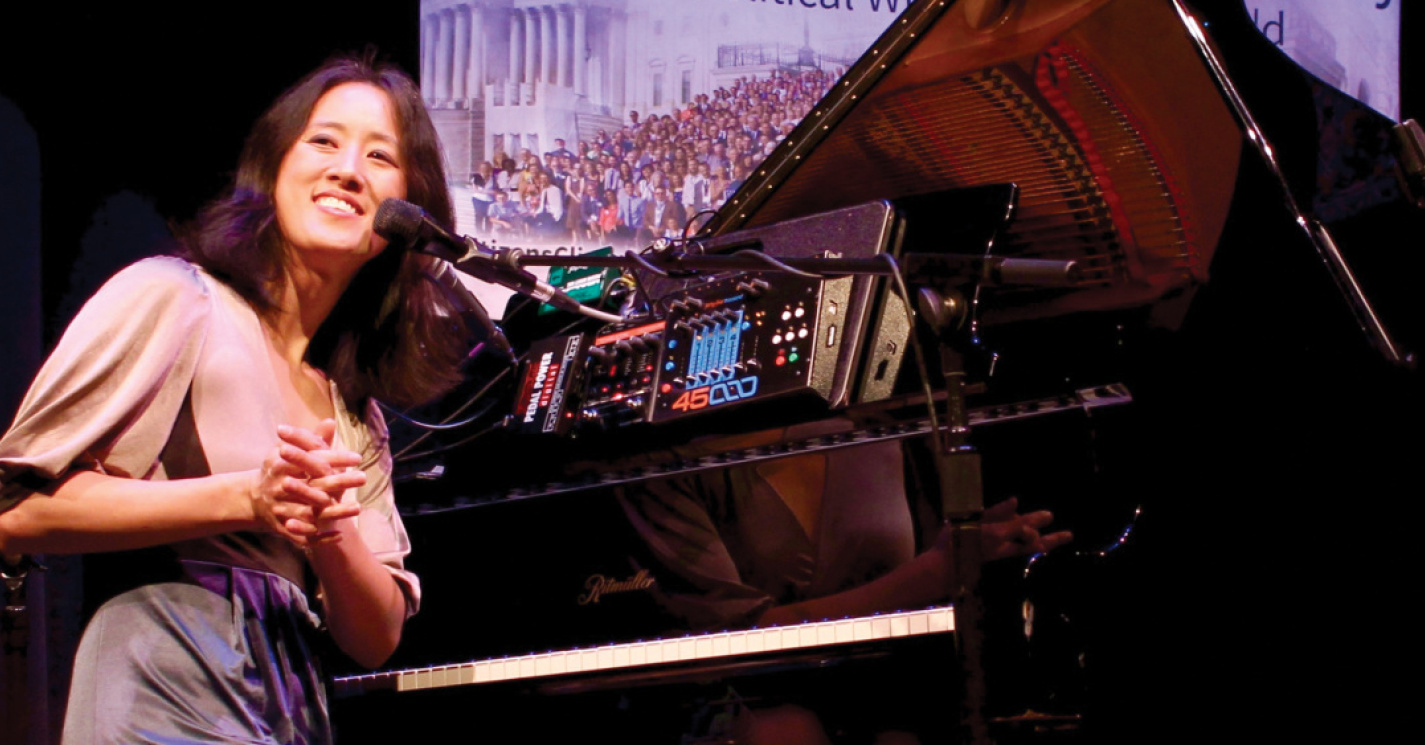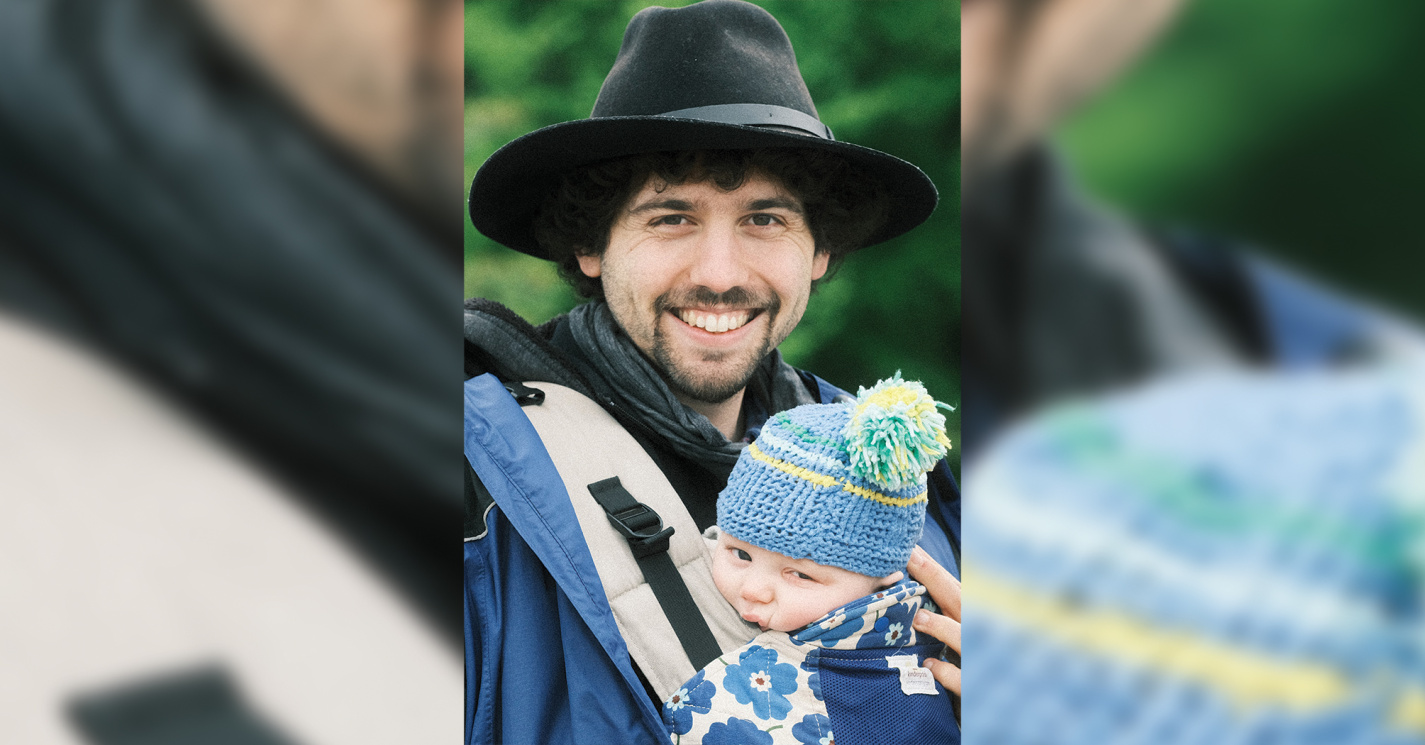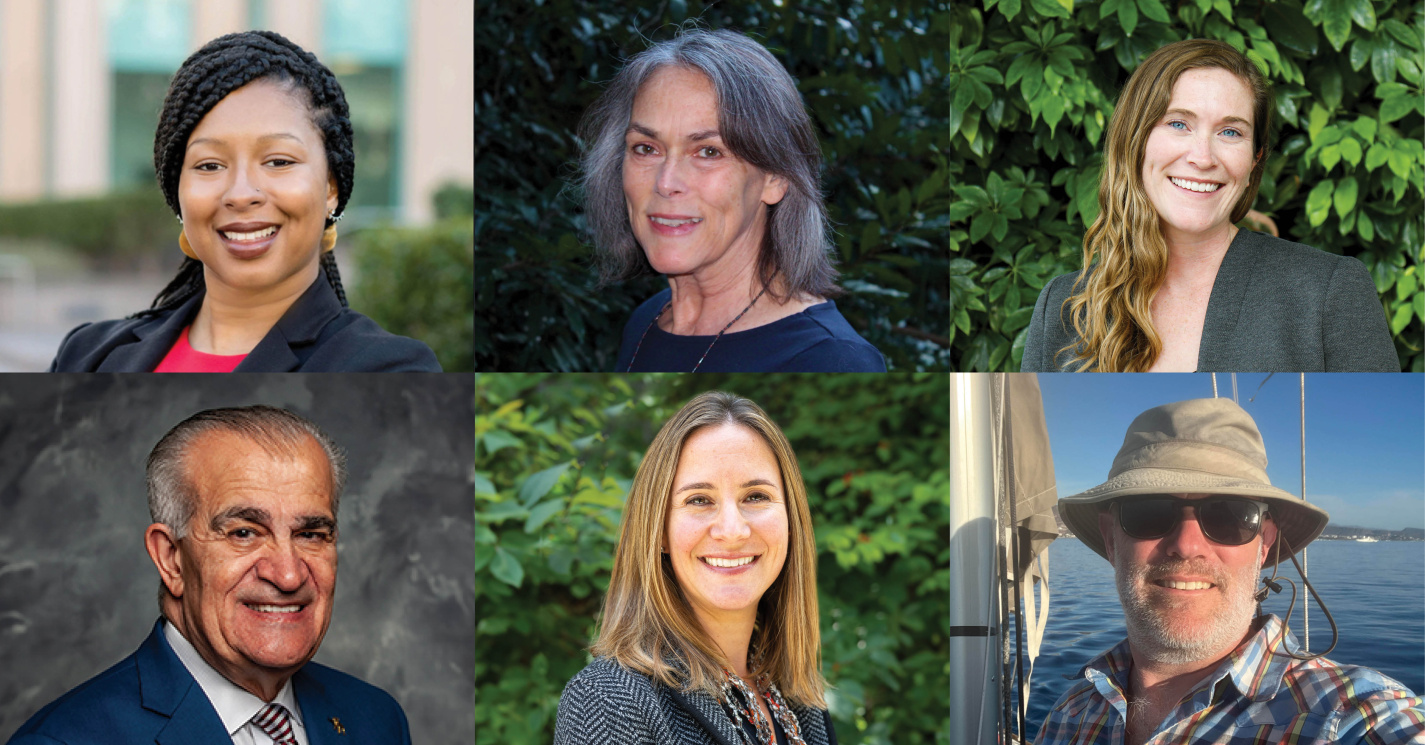Eshanthi Ranasinghe (MS/MBA ’12)
For several years, Eshanthi Ranasinghe (MS/MBA ’12) worked at Omidyar Network, a firm that made philanthropic investments that contributed to more inclusive and equitable societies. This experience awakened in her a realization that the unique blend of business know-how and systems thinking that she gained at the University of Michigan School for Environment and Sustainability (SEAS) could be used for meaningful social change. Two years ago, when she got a call from The Audacious Project, a nonprofit housed at TED, about its collaborative funding initiative aimed at catalyzing social impact for projects that are unusual and innovative, she saw it as an opportunity to use her skill set to make an even bigger impact.
“I already was thinking about systems change from the perspective of impact, not just profit. In this role, it’s such a joy to be able to really think about what a project is aiming to do, appreciate the complexity of it, take the risk and watch it evolve. That’s what I love most about funding—it’s a useful role,” says Ranasinghe, managing director of discovery and insight at The Audacious Project. “The whole effort is about ideas. We want to break the cycle that has limited the reach of risk-averse donors by funding projects that are challenging the status quo of the system they are in while meeting a need.”
One recent award was given to Think of Us, a nonprofit research and design lab that aims to improve the foster care system in the U.S. Thanks to The Audacious Project, the organization received a five-year, $47.5 million commitment to help transform the child welfare system in a way that invests in child and family well-being.
During the course of my career, I’ve seen clearly how systems thinking ties into my work, and I’m using it every day."
“We look for projects that make you sit back and go, wow, something is changing. The founder and CEO of Think of Us lived in the foster care system and was inspired to change it. To him, this is about shifting systems and disrupting the cycles to reduce harm,” says Ranasinghe. “It’s incredibly inspiring to our team to boost the work of such organizations and support their ideas.”
Ranasinghe, who was a dual-degree student who specialized in sustainable systems at SEAS and business at the Erb Institute at the Ross School of Business, says that being introduced to systems change pushed her to look carefully at the complexity of the world and environment we’re in.
“At SEAS, I could be unapologetically impact-oriented and put something above myself or the economy and look at what’s really important—what matters to people and the planet—and make that a guiding star,” says Ranasinghe. “There’s something magical about being able to learn through different lenses, and I really appreciated that about my experience at SEAS. During the course of my career, I’ve seen clearly how systems thinking ties into my work, and I’m using it every day. Sometimes I wish I could go back and take the same classes again but with renewed intention.”





